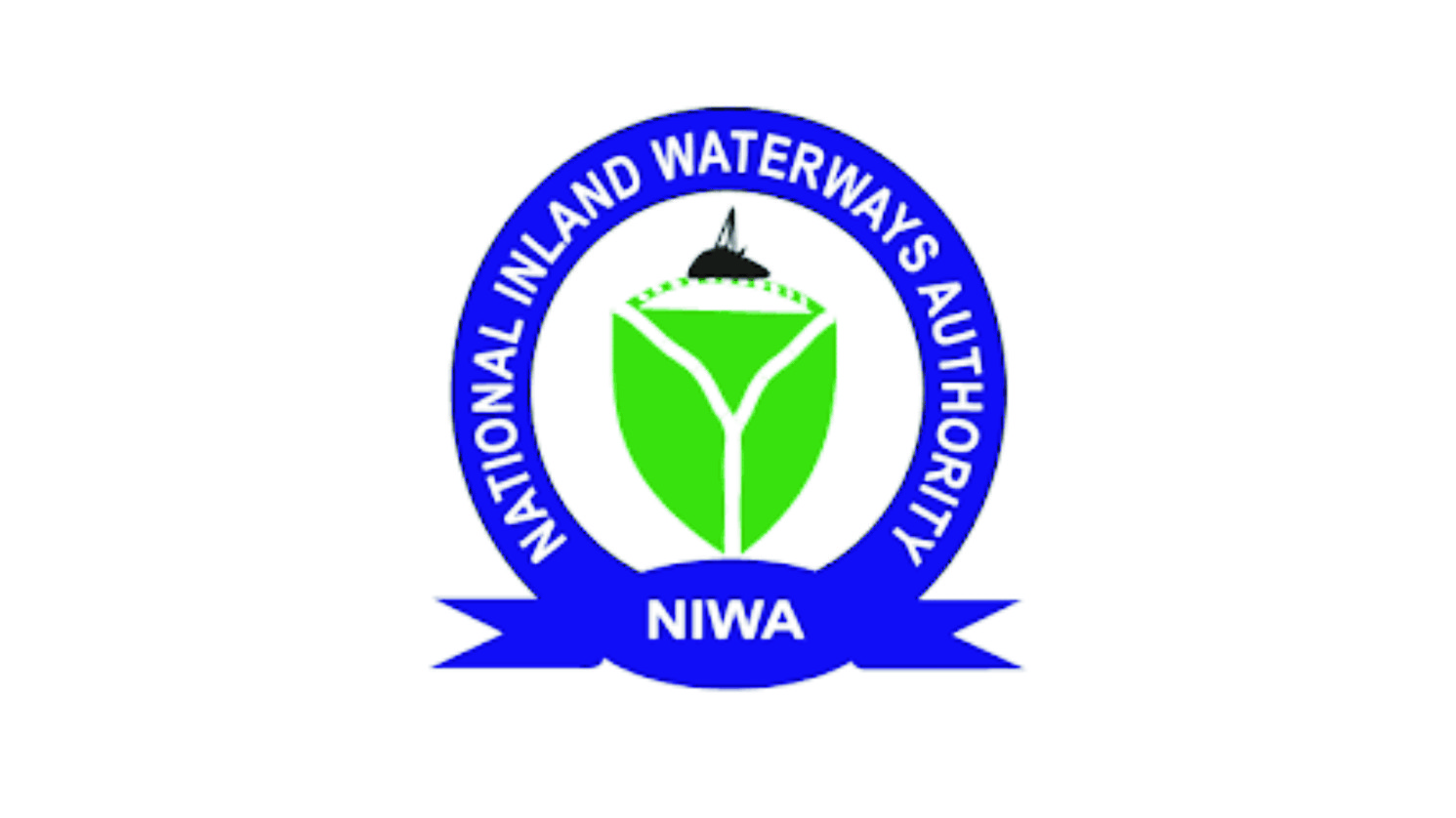Business
Diri Taps Investment Opportunities From Bahamas AFRIXIM Meeting

Bayelsa State Governor, Senator Douye Diri, has said his participation at the recent AFREXIM Bank’s Annual Meeting (AAM) in Nassau, The Bahamas, was part of efforts to attract investors to the state.
The four-day event had in attendance national and sub-national governments from across Africa and the Caribbean, political leaders and institutions from both regions as well as corporate organisations.
Diri stressed the need for people of the State to appreciate his administration’s initiatives at attracting development partners that would harness the economic potential of the state in order to create jobs and bring about economic prosperity.
He stated this on Wednesday during the 129th State Executive Council meeting in Government House, Yenagoa.
The Governor said he held fruitful meetings at the four-day event and that he has directed his team to follow up on them, noting that his travels out of the country were in the state’s interest.
“We will take our destiny in our hands and look for development partners across the world. We had fruitful meetings and l tasked my team to follow up on all the meetings so that we can have investors.
“Whenever l move out, l do so in the interest of our state. In my last trip, l put Bayelsa on the map of Africa. There were two governors, Bayelsa and Lagos, at the meetings”, he said.
He expressed appreciation to his deputy, Senator Lawrence Ewhrudjakpo, and other members of the Executive Council for the smooth running of affairs of the state for the one week he was away.
Senator Diri also called on the people of Rivers State to give peace a chance in order to put the state on a steady path of development.
Describing Bayelsa and Rivers people as having a common heritage, the Governor noted that his administration needed to collaborate with Rivers to promote economic development and reduce poverty in the region.
“We call on all key actors to eschew bitterness and sheathe their swords in order to give peace a chance. There must be give-and-take so that the much needed development can take place and people will not suffer. We are all praying for peace to be restored in Rivers State”, he said.
The average cost of Brent, the global benchmark for crude oil in January was $80.12/barrel, but it moved up marginally to $81.75 in May, according to data from Statistica, an international statistical firm.
Also, the average exchange rate of the naira against the dollar in May, this year, was 1,434.1/$. The naira has been struggling since the Central Bank of Nigeria harmonised the country’s foreign exchange markets on June 14, 2023.
Based on the 5.43 million barrels crude oil production plunge, the price of Brent and the exchange rate of the naira in May, Nigeria lost an estimated revenue of about N636.3bn between January and May this year.
Meanwhile, it was further observed that while Nigeria produced 1.43mbpd of crude oil in January, this dropped to 1.32mbpd in February, crashed to 1.23mbpd in March, rose a little to 1.28mbpd in April, before falling to 1.25mbpd in May.
The continued plunge in Nigeria’s oil production has been blamed on the incessant vandalism of oil pipelines and crude oil theft.
Meanwhile, the government has been making efforts to address this issue, although it has not been as successful as anticipated.
On June 13, 2024, for instance, the Nigerian National Petroleum Company Limited urged the judiciary to create a special court to try culprits of oil theft and pipeline vandalism.
NNPC’s Group Chief Executive Officer, Mele Kyari, made the plea at the National Judges Capacity Building Workshop on the Petroleum Industry Act 2021, organised by the National Judicial Institute and INVESTIN 234 in Abuja.
Kyari also urged the judiciary to accelerate hearings on offences related to crude oil theft and pipeline vandalism, according to a statement issued by the spokesperson of NNPC, Olufemi Soneye, at the time.
The NNPC helmsman further called for the support of the judiciary in tackling the twin challenges of crude oil theft and pipeline vandalism for the oil and gas industry to achieve its full potential as an enabler of national economic and industrial growth.
Recall that major oil companies lamented the impact of oil theft and pipeline vandalism on the availability of crude for local refineries.
The Director-General of the Lagos State Chamber of Commerce and Industry, Dr Chinyere Almona, identified crude oil theft and pipeline vandalism as factors hindering the oil majors’ inability to meet their daily quotas.
She also explained that modular refineries were finding it hard to get enough crude.
She further identified low crude oil production in Nigeria as a factor limiting international oil companies’ capacity to supply crude to the Dangote Petroleum Refinery, and other modular refineries.
By: Ariwera Ibibo-Howells, Yenagoa
Business
NIMASA Commits To Creating Enabling Environment For Maritime Business

Business
FG Inaugurates Special Committee Against Boat Accident


